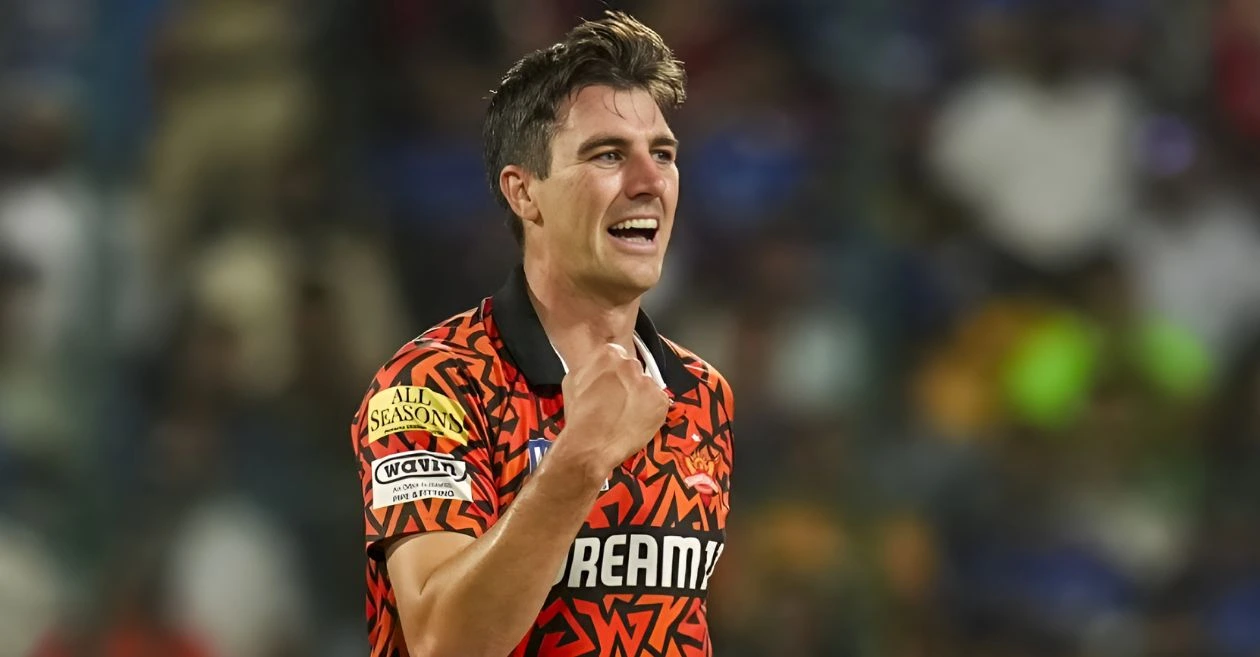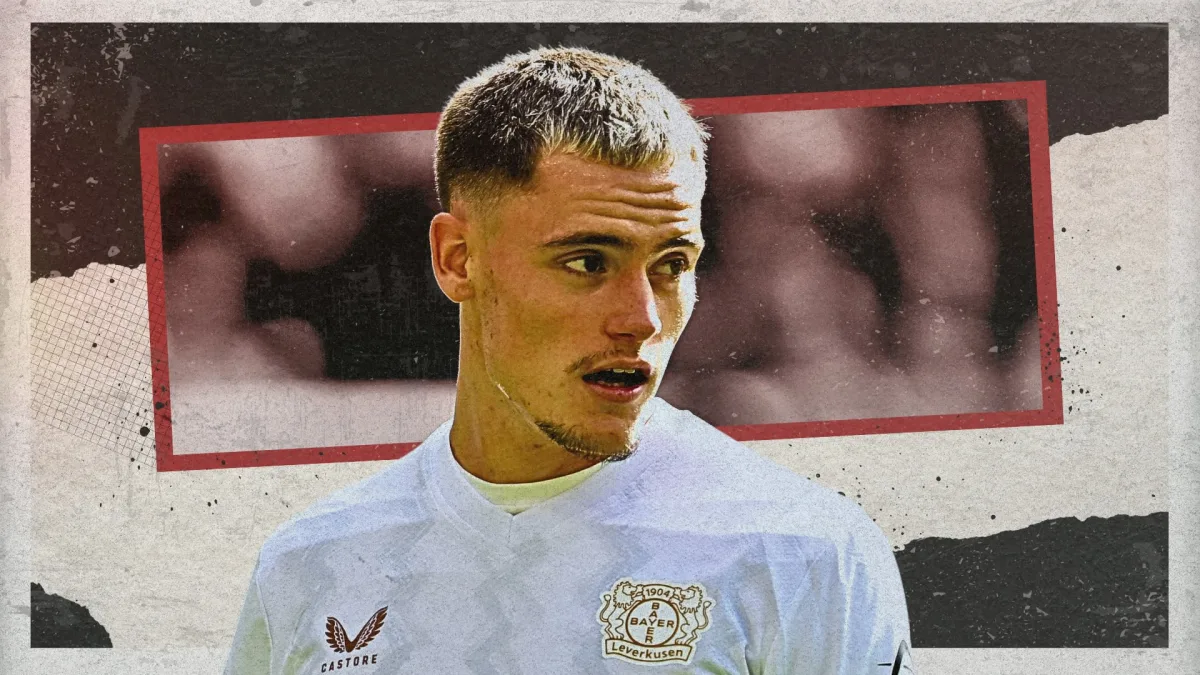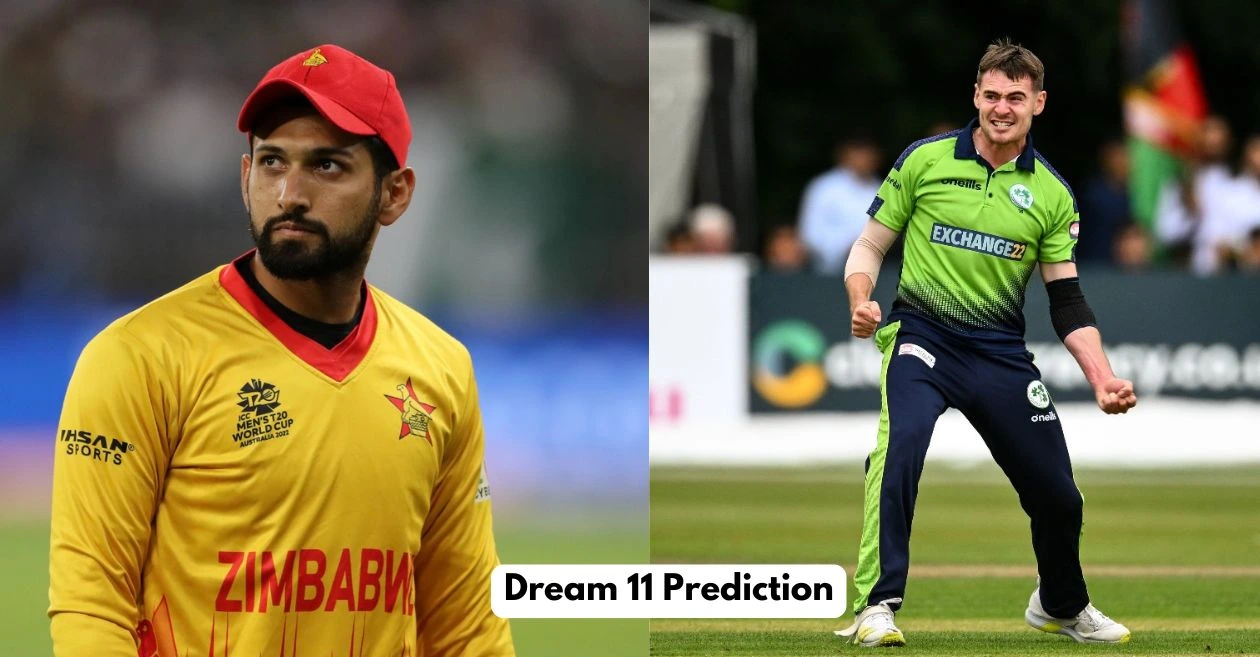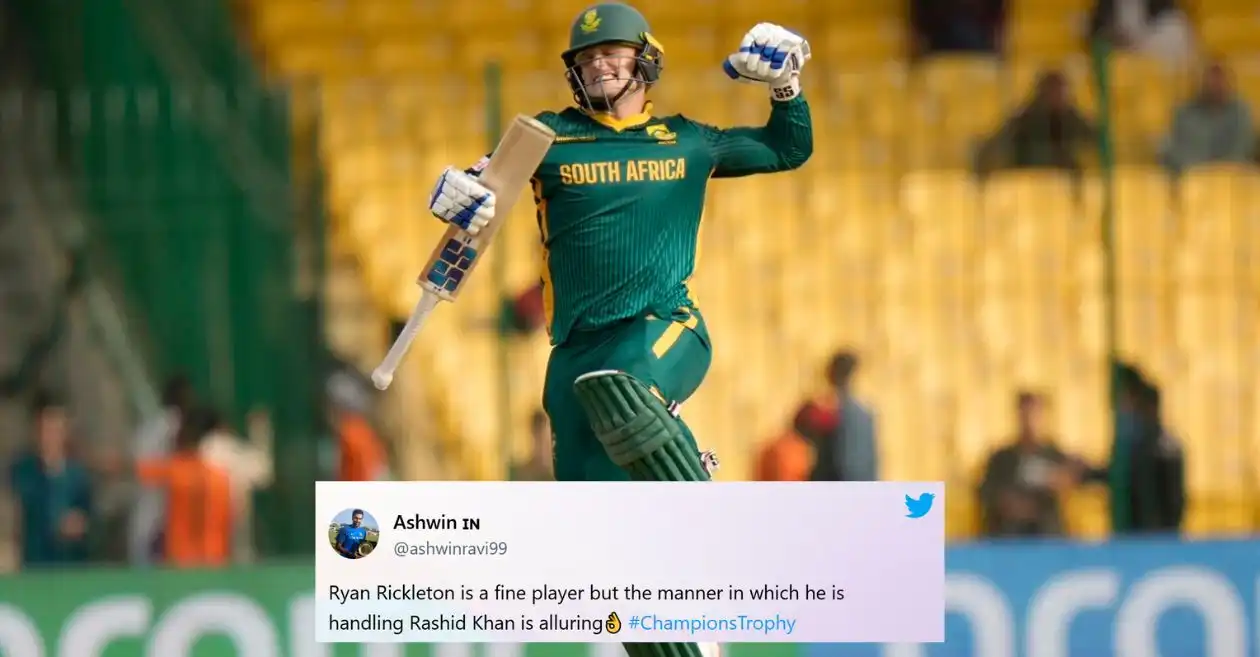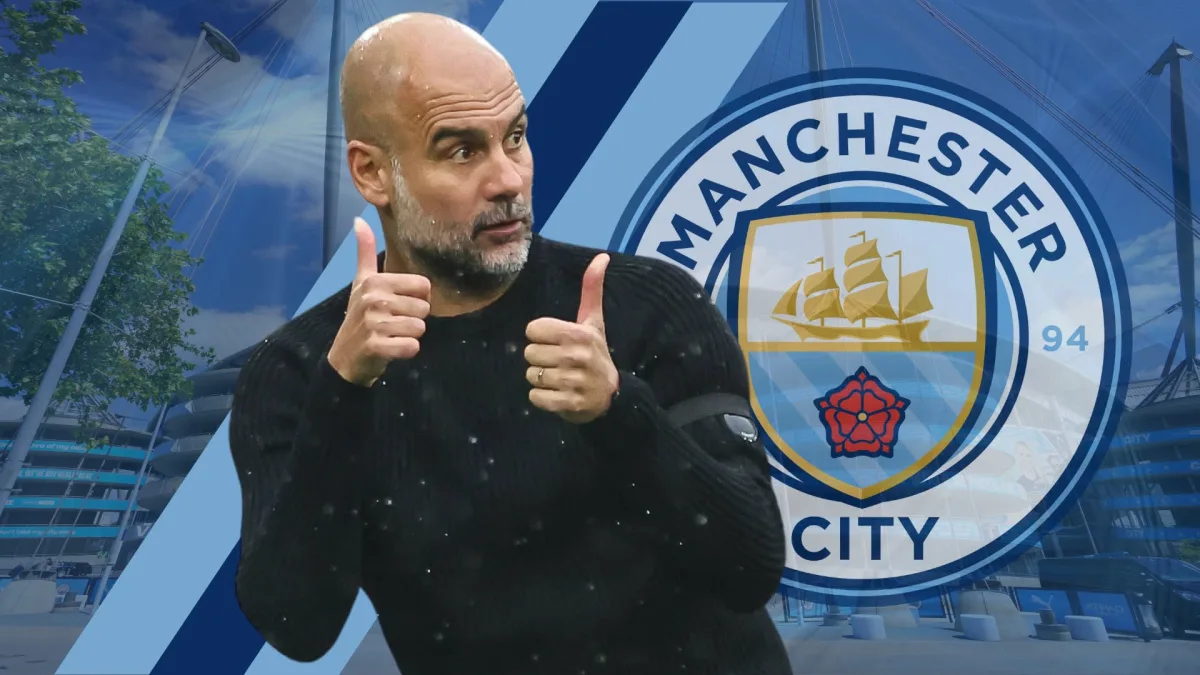Earlier this year, Sir Jim Ratcliffe and Ineos decided to pull their sponsorship of British Olympic legend Sir Ben Ainslie and his America’s Cup sailing team. While the official reason was that the partnership had run its course, Britain’s richest man could well have made the argument that he had seriously choppy waters to navigate elsewhere.
Here, the vessel in question is not a yacht but a super tanker and, as the petrochemical billionaire’s first 12 months at Manchester United have shown, it is flirting dangerously with the rocks.
What follows is a tale of lessons learned and of rapid and often brutal cultural change at Britain’s biggest sporting institution. It is also the tale of what is perhaps the biggest gamble English football has ever seen. It features a cast of shrewd boardroom operators, clipboard-wielding inspectors and frequent personality clashes. It is a collision of past and present. On one side, one of Britain’s richest men who has made his fortune in the cut-throat world of industry, firm in his unshakeable belief that he is carrying out the necessary change to return his beloved Manchester United to its rightful place at the top. On the other, the sceptics who believe the price of change is not one worth paying.
Ineos can be accused of many things over a turbulent first 12 months, but not of failing to carry out due diligence. The scale of the task they faced became crystal clear well before they took over football operations via their 29 per cent stake this time last year. It can be evidenced by the decision to dispense with the services of former chief executive Richard Arnold, complete with £5.53million pay-off, in November – three months before they had even got their feet under the table. To put it bluntly, they were not having the former commercial chief to the extent that he had departed before they arrived. It was a sign of things to come.
One thing that had also become abundantly clear on Ineos’ fact-finding visits to Manchester was that they were set to inherit a management team that, in their view, was simply not fit for purpose. United’s existing executive could not have been more at odds with Ineos’ famous ‘compass’ of values had it tried. Immediate issues were identified. A communications chief notable for their absence, who spent part of the week on the south coast was, to many, indicative of the problems which had spiralled.
‘Working from home’ is not on the section of the now-famous Ineos compass dedicated to ‘words we don’t like’. It should be. The comer-inners found that an already-bloated workforce of 900 had sky-rocketed to 1,200 thanks in no small part, they found, to the impact of Covid-19. Their belief was that a change in attitudes towards hard graft had infected the business when the pandemic sent everyone home. As a result, more staff were needed. The expansion was ‘out of control’ according to one source close to the process. To Ineos, 300 extra salaries were suddenly being paid to produce the same results.
Sir Jim Ratcliffe retains an unshakeable belief that he is carrying out the necessary change to return his beloved Manchester United to its rightful place at the top

Ineos’ first year has had challenges and Man United are currently languishing in 15th place

Ratcliffe’s arrival was welcomed last year but he has overseen brutal cultural changes
It came as little surprise, then, when Mail Sport revealed last summer that 250 jobs had been quickly identified as unnecessary.
There was, however, genuine surprise at the perceived poor quality of the management team. Bringing in chief executive Omar Berrada, from neighbours Manchester City, was seen as a key early move as they sought to usher in change.
Ineos are experts in taking over under-performing businesses and propelling them to profit. The whole operation is, arguably, built on acquisition. The view at the top level is that teams they inherit can be split into three groups. There are the 20 per cent who ‘get’ the Ineos way and adapt instantly. Then there is a 60 per cent who are initially bamboozled but eventually adjust. Finally, there is a 20 per cent who never get it. A group who are seen as disruptive and need to be taken out.
Last week, Mail Sport reported the prospect of further pain in the shape of between 100 and 200 further cuts. The level of staff will soon be in line with those of their Premier League rivals.
In April, it was announced that chief financial officer Cliff Baty would be leaving at the end of the season. It was another early move which spoke volumes. Baty’s role is key to the operation. Roger Bell, former CFO at Ineos Sport and a long-standing lieutenant since 2001, came into the inner circle. Ratcliffe needs people he can trust.
On the sporting side, football director John Murtough was another casualty. Murtough was viewed as a nice guy, but not the kind of operator Ineos believed was needed to be making decisions at the elite level.
And then came an error which would end up costing £4m. After a protracted and often ugly process which played out in the media, Dan Ashworth was brought in from Newcastle United at no little expense.
Due diligence here was an issue. Ashworth was viewed as ‘best in class’ and fitted within Ratcliffe’s appetite for British expertise. The problem, according to insiders, was that they did not see examples of that expertise stretching beyond British shores. Rightly or wrongly, Ashworth’s perspective was seen as very UK-focussed. His knowledge of the wider game was not what his new employers had hoped for.

Former Man United chief executive Richard Arnold was dispended with before Ineos’ arrival

Dan Ashworth’s protracted arrival from Newcastle and swift departure proved a costly error
When it came to the search for a replacement for Erik ten Hag (more on that shortly) the view was that his options were too conservative and not in keeping with their line of thinking. There was also a presentation on the state of the club which raised eyebrows. Ashworth has an almost-universal reputation as a calm and collected builder of strategies. But some of those in on the presentation thought it was heavy on negatives and light on solutions.
On the compass ‘can do’ is listed under ‘words we like’. ‘They did not see enough “can do”,’ said one observer.
Another criticism that cannot be levelled at Ineos is that they do not act quickly. In December, Ashworth was gone, led through the press room on his way to learning his fate.
Another group of words under ‘don’t like’ are ‘do not do dumb s**t’ and ‘wasting money’. Where, then, to begin with the story of Ten Hag?
Rumours over the Dutchman’s future had swirled for some time ahead of last season’s FA Cup Final against the noisy neighbours of Manchester City. The expectation was that defeat under the arch would lead to the sack. But against the odds – and thanks in no small part to a City defensive blunder – the ribbons on the trophy were red and not blue.
Opinion in the fanbase shifted. Give Ten Hag what he needs and see where he takes us, was the view of many. Ineos listened. That summer, after scouring the market and coming home empty-handed, they handed him a contract extension.
With the benefit of hindsight there is an acceptance that the move was a grave error. Following a miserable start to the season, Ten Hag was sacked four months after signing his new deal. Accounts earlier this week revealed the cost of getting rid of the Dutchman and his staff ran to north of £10m.
The true cost, however, ran much deeper than that. A campaign of spending overseen by the Glazer family so bad it should almost be deserving of an award, or a ‘how not to’ guide, means that United still owe £300m in transfer fees. The sins of others loom large. The Antonys, the Jadon Sanchos, the decision to give Marcus Rashford a deal worth £325,000-a-week.

The decision to stick with Erik ten Hag after the FA Cup final success was seen as a grave error

Ten Hag was sacked four months after signing his new deal, costing the club around £10m
In the last financial year United posted a loss of £113.2m. Over the last five years that figure is £370m. This from a business that is predicting revenues of £650m to £670m.
Under Premier League rules clubs are not permitted to lose more than £105m over a three-year period. Such is the scale of mismanagement that a club who more than any other side should not face issues has been effectively relying on snookers to comply before the next deadline.
That is why all departments, from the catering staff to property services, have been working under pressure to minimise costs – to the extent that their every single piece of spending is scrutinised and employees urged to send emails rather than use stamps and envelopes.
The belief within, according to sources, is that it will take no fewer than three years to sort the mess out, and these are people who have already illustrated that they are in a hurry. Ratcliffe is 72.
Already there is noise. The well-publicised cuts have triggered a backlash among certain sections of the fanbase, although there is a silent element that believes the club needs the drastic surgery it is currently undergoing.
‘Jim and Ineos are delivering medicine,’ said another insider speaking on the condition of anonymity. ‘They see United as the poorly patient. They either act now or things get even worse. And the staff are reacting like anyone who takes medicine. It doesn’t taste nice. It makes you grimace. But you hope it works.’
Some of those who have left the building have a blunter view. At the outset, one declared that ‘this lot make the Glazers look like Saint Nick’. Cuts to FA Cup Final tickets and transport perks, a legacy of Sir Matt Busby’s era and of that family ethos, were a warning that things were going to be different. The presence of individuals with the clipboards is a frequent reminder. On occasion Sir Dave
Brailsford, another key player based at Carrington, arrives at meetings unannounced. Brailsford is no doubt just keeping across the business, but to staff already on edge, his presence can be unsettling.

The presence of a key player in Dave Brailsford, right, at Carrington has proved unsettling

Rises to ticket prices have triggered outrage with a flat £66 ticket introduced for those without season tickets

The aim of the Ineos regime in focused on football, with winning matches seen as the best PR
There has, at least, been some empathy. When Mail Sport revealed officials were considering slashing the £40,000 given to the disabled supporters’ association each year, any plans were shelved in the wake of an understandable backlash.
Other areas have been less emotive and may be seen as quick wins. The removal of corporate credit cards and chauffer services, for example, have caused less uproar.
Rises to ticket prices however, while affecting only a small number, triggered outrage. Concessions were abolished, along with price bands, and a flat-level £66 ticket was introduced for those without season tickets. The suspicion was that this would be a precursor to wider increases, although it was not much of a Trojan horse. For all their missteps, the Glazers – who have given the new investors carte blanche – had held season ticket prices for season after season. While it was a move that went a little way towards appeasing fans, revenues from tickets have been identified as an area for improvement.
That said, Mail Sport understands that widespread hikes are unlikely. The view is that United are hamstrung by their ageing stadium and the inability to cash in on visitors from overseas. The belief is that the situation will change when either a new-build or refurbished Old Trafford will vastly increase the range of corporate offerings. There is no appetite to penalise the Stretford End regulars and significant increases in that area would come as a surprise.
Following a recent match at Fulham, Ratcliffe was approached by a number of irate fans. Winding the window of his car down to engage, he was repeatedly called a ‘c***’, a word repeated in a song about Ratcliffe being ‘just like the Glazers’. It would be wrong to say that the level of criticism has not stung a man who has got to where he has by virtue of acumen and thick skin. But the view is that once things on the pitch begin to turn around, the noise will quieten. There is also not the obsession with press coverage that featured under previous regimes. The aim is football, football, football and all efforts are on freeing up cash to spend in the summer because the results that matter are the ones on the field. Winning matches is the best PR.
Another area of improvement was also rapidly identified. More than 20 years after the birth of Moneyball, and the rise of analytics in sport, Ineos found United were stuck in the past. Emphasis was still placed more on the eye of the scout than on the data. Now, training sessions are monitored and screened to the laptops of a group stationed at the side of the pitch. Players are wired up with speeds, distances covered and tackles made all monitored. A similar process surrounds recruitment, with key attributes identified ahead of moves for potential new signings.
While compliance with financial rules continues to bite, the hope is that the summer window will see the new manager take major steps towards overhauling his squad.
It has been a difficult start in terms of results for Ruben Amorim to say the least but he has impressed in most other areas. The steadfast view is that, this time, they have made the right hire.
There are similar feelings towards Berrada and Jason Wilcox, who came in as technical director. Wilcox is seen as a link between the playing squad and the powers that be. A person who has quickly gained the trust of all sides.

Ratcliffe aims to free up cash for football, with the hope of overhauling the squad this summer

Ruben Amorim has had a difficult start but the steadfast view is the club have made the right hire

Technical director Jason Wilcox, centre, and chief executive Omar Berrada, right, have generated similar feelings, with the former a key link between the squad and executives
While it may seem perverse given what is unfolding on the pitch more weekends than not, there is a view that they are heading in the right direction. That is not to say that Amorim hasn’t been without fault. His comment in the wake of the 3-1 home humbling by Brighton that this ‘may be the worst’ United side in the club’s 147-year history did not go down well, not least in the commercial department. ‘We’re trying to do deals and sell the United dream and he comes out with this,’ mused one staffer. ‘Not helpful.’
From help to hope, and a relatively simple statement that may well give the long-suffering hordes some comfort. Ratcliffe is a rich man. Those close to him are adamant that he is not here to make money. He is here to make his football club the football club they once were. The club he believes they should be.
As part of the terms of the deal, he has injected close to £240m. As sad as it is, that is the largest investment that Manchester United has ever seen. The latest figures show that more than £1bn has now gone on servicing the debt the Glazers burdened the club with. While relatively minor, it is a welcome shift in approach, not that Ratcliffe will want to make a habit of it. He is also not a man who likes to lose. Indeed, despite ending the partnership with Ainslie, Ineos plan to compete in next year’s America’s Cup under a different team name.
The belief from within is that it will take at least a decade before we know if the bloodletting has been worthwhile. ‘If United are in a new stadium and challenging for the title then you will see it as justified, as a success,’ said one insider. ‘But until then nothing is certain.’
There is, however, one thing you can be sure of. Early in the process, Ineos brought in a respected journalist to chronicle the cultural shift and write the story of how they returned United to success. The first chapter of his resulting book will be a long one.






